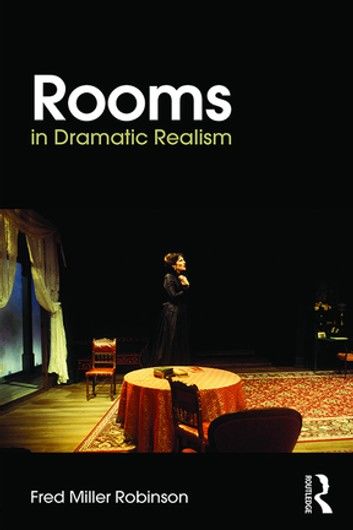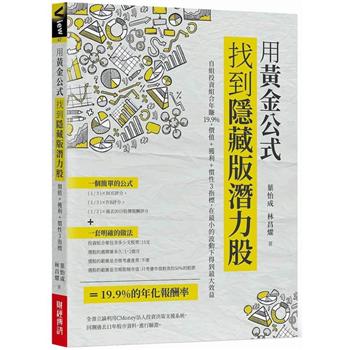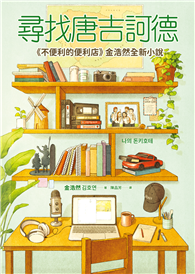| FindBook |
有 1 項符合
Rooms in Dramatic Realism的圖書 |
 |
Rooms in Dramatic Realism 作者:Fred Miller Robinson 出版社:Taylor and Francis 出版日期:2015-11-19 語言:英文 |
| 圖書館借閱 |
| 國家圖書館 | 全國圖書書目資訊網 | 國立公共資訊圖書館 | 電子書服務平台 | MetaCat 跨館整合查詢 |
| 臺北市立圖書館 | 新北市立圖書館 | 基隆市公共圖書館 | 桃園市立圖書館 | 新竹縣公共圖書館 |
| 苗栗縣立圖書館 | 臺中市立圖書館 | 彰化縣公共圖書館 | 南投縣文化局 | 雲林縣公共圖書館 |
| 嘉義縣圖書館 | 臺南市立圖書館 | 高雄市立圖書館 | 屏東縣公共圖書館 | 宜蘭縣公共圖書館 |
| 花蓮縣文化局 | 臺東縣文化處 |
|
|
Dramatic Realism, since its birth in the hectic late years of the nineteenth century, gave theatrical and thematic energy to the interaction between a play’s text and the way that it looked on the stage. Characters began to find themselves in rooms and settings that played an active and changing role in the drama, and their dialogue and reactions evolved in time with these changes. As life itself became more elaborate during the 20th Century, so these rooms were invaded and then defined by the outside world.
Fred Miller Robinson’s enjoyable and stimulating essays on this enduring genre tackle the dreams and anxieties of the middles classes of the Industrial Revolution – dreams of domestic comfort and refuge, and anxieties about how entrapping that comfort could be.
Moving from Ibsen to Chekhov and onwards into later plays in which the reality of ‘Realism’ comes under scrutiny, this is a book to dip into before a performance or to study during a class.
|











